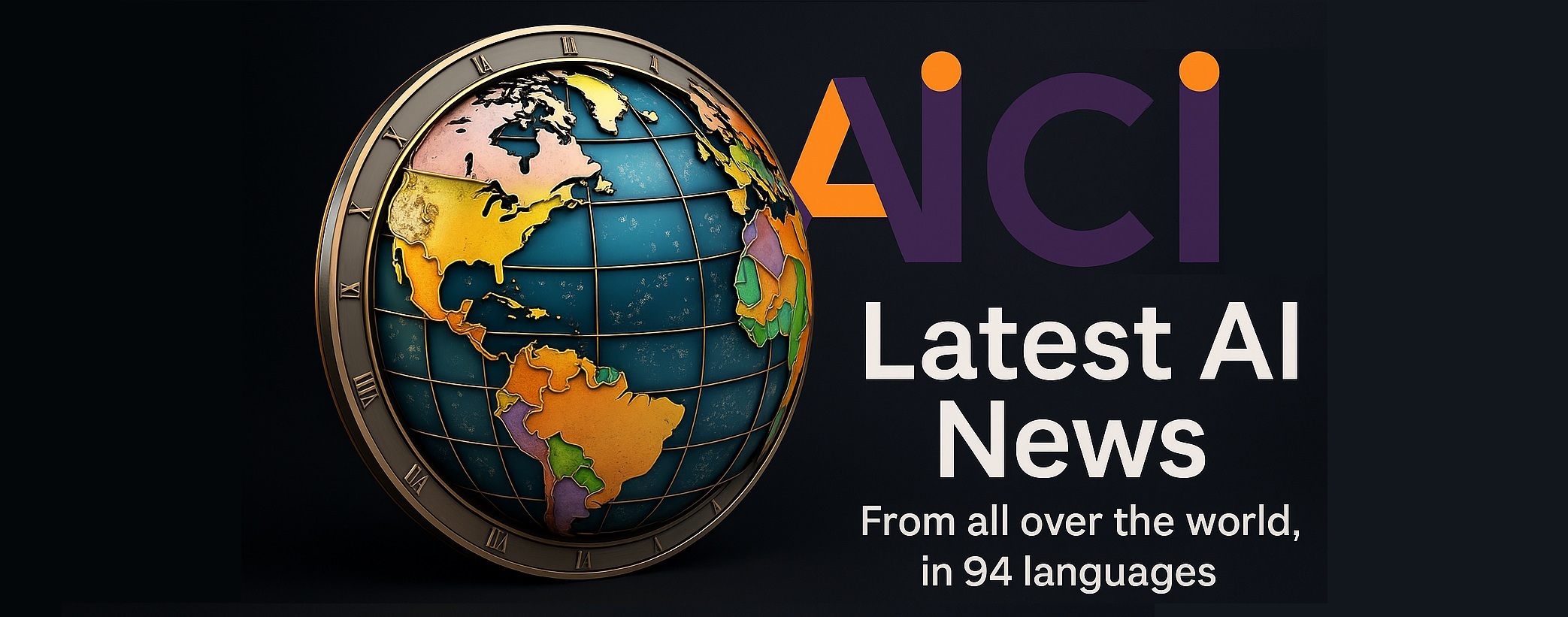Good day everyone. August 31, 2025 - Elon Musk's artificial intelligence company xAI has filed a lawsuit against a former engineer, alleging theft of confidential information related to the Grok chatbot before joining rival OpenAI. The legal action, filed in California federal court, claims that Zujian Lee misappropriated trade secrets concerning "cutting-edge AI technologies with features superior to those offered by ChatGPT". This lawsuit underscores the intensifying competition and talent wars within the artificial intelligence sector.
The complaint alleges that Lee, who recently transitioned to OpenAI, unlawfully obtained proprietary information about xAI's advanced AI capabilities. The legal filing details concerns about intellectual property theft in an industry where technological advantages can determine market leadership. According to court documents referenced by US News and World Report, xAI contends that the stolen information pertains to sophisticated AI technologies that represent significant competitive advantages over existing commercial offerings, including OpenAI's flagship ChatGPT platform.
This legal battle reflects broader tensions within the AI industry, where rapid innovation cycles and substantial financial stakes create incentives for corporate espionage and talent poaching. The case highlights vulnerabilities in protecting intellectual property when key personnel move between competing firms. As AI capabilities become increasingly valuable strategic assets, companies are investing heavily in legal protections whilst simultaneously competing aggressively for top engineering talent. The outcome could establish important precedents for trade secret protection in the AI sector.
Our view: This lawsuit illustrates the growing maturity of the AI industry, where intellectual property disputes mirror those seen in established technology sectors. Whilst competition drives innovation, companies must balance aggressive talent acquisition with respect for proprietary information. The case may prompt stricter employment agreements and security protocols across the AI industry, potentially slowing talent mobility but protecting legitimate business interests in an increasingly competitive landscape.

beFirstComment